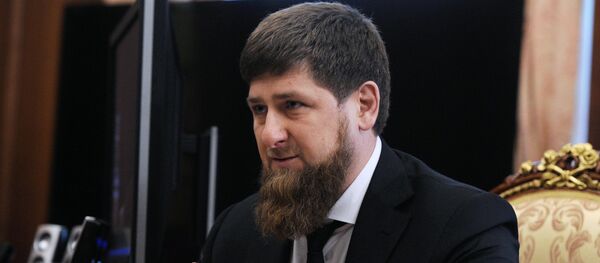In his article for The Intercept, Greenwald pointed to the "censorship rampage" Facebook is currently engaged in against Palestinian social media activists following recent threats by Israel to fine or even block the social media resource in the country if it failed to comply with its demands.
Earlier this month, Israel's Justice Minister Ayelet Shaked boasted that Facebook had approved 95% of the 158 requests to remove content that Tel Aviv categorized as "incitement." According to Greenwald, given that the vast majority of Palestinians use Facebook as a news source, the social media giant's censorship effectively gives the Israeli government "virtually unfettered control over a key communications forum of Palestinians."
Meanwhile, the journalist added, Palestinians have virtually no opportunity to pressure the Israelis back, with Israeli incitement for violence against Palestinians and Arabs in general remaining largely unhindered and undeterred by the social media giant.
Facebook says it is deleting accounts at the direction of the U.S. and Israeli governments https://t.co/gciemcQRMY by @ggreenwald
— The Intercept (@theintercept) December 30, 2017
And the company appears to have bent to the whims of another government, in another part of the world, according to Greenwald, referring to the case of the US government efforts against Russian officials.
And although Greenwald made clear that he very little sympathy for Kadyrov, "none of that dilutes how disturbing and dangerous…Facebook's rationale [is] for its deletion of his accounts," the journalist wrote.
"What this means is obvious: that the US Government – meaning, at the moment, the Trump administration – has the unilateral and unchecked power to force the removal of anyone it wants from Facebook and Instagram by simply including them on a sanctions list. Does anyone think this is a good outcome? Does anyone trust the Trump administration, or any other government to compel social media platforms to delete and block anyone it wants to be silenced?" Greenwald asked.
According to the journalist, the trouble with this form of censorship is that it gives some governments (i.e. the US and Israel) powers which other states and actors don't have, particularly in cases where American or Israeli politicians or journalists use their social media accounts to call for violence against or otherwise attack their countries' enemies, whether it be Iran or a public figure like WikiLeaks whistleblower Julian Assange.
"As is always true of censorship, there is one, and only one, principle driving all of this: power," Greenwald warned. "Facebook will submit to and obey the censorship demands of governments and officials who actually wield power over it, while ignoring those who do not."
Unfortunately, Greenwald stressed, those who believe that the tech giants are out to protect marginalized groups through censorship are victims of "a sad pipe dream. Just as governments will do, these companies will use their censorship power to serve, not to undermine, the world's most powerful factions."





